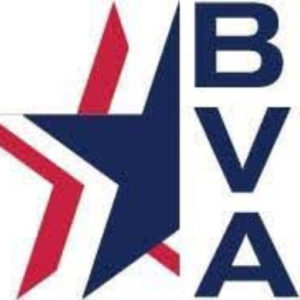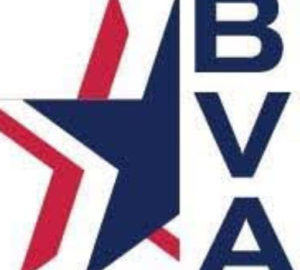What are government regulations? Where do they come from? How do they affect you? And, lastly, how can you affect the creation of regulations?
VA begins a process known as rulemaking for the purpose of implementing a new law. Rulemaking is the policymaking process of federal agencies, and the final products of these processes are called regulations. In other words, regulations are laws in action.
Rulemaking and regulatory processes do not happen behind closed doors or in the dark, but rather in the open, allowing some public participation. When VA proposes a regulation, it is subject to a public comment period during which concerned veterans, or their families, may voice their concerns or support. Comments can be posted and viewed on the government website located at regulations.gov. However, comments that are vulgar, or which contain personal information, or which are requested by the submitter to remain private, are generally not made public.
Organizations, individuals, and other government agencies comment regularly to have their recommendations incorporated into the final regulations. Some regulations receive hundreds of thousands of comments. Others, like the proposed rule on the VA renewable auto grant of 2020, received only four comments, all of which were posted by Veterans Service Organizations (VSOs) such as BVA or manufacturers of adaptive equipment.
After BVA advocated for and secured passage of a new renewable auto grant in 2020, the rulemaking process commenced. Once the comment period closed, VA began the internal decision making on whether to proceed with the rulemaking process, issue a new rule, modify the proposal, or withdraw it outright. VA has yet to publish the final regulations related to this legislation, proving the downside of any bureaucracy and what so many of us experienced during our military service—the dreaded “hurry up and wait” phenomenon.
Once the regulations are finalized, the agency will begin applying the law, which generally does not happen overnight, allowing impacted stakeholders time to adjust and interpret the new regulations. Over time, the agency may further analyze the regulations and even update them through the rulemaking process still another time.
If an impacted entity disagrees with VA on its interpretation of the law, or its authority to issue it, the judicial branch of government may become involved. For example, if a manufacturer disagreed with the criteria VA used for adaptive equipment because it excluded their product, that manufacturer could sue VA to allow their product to be included in the program. If a VSO felt that the grant was too narrow in its scope of application, it could sue to expand the coverage.
The rulemaking process is one of the many areas in which a single person can have their voice heard and influence government operations by supporting or opposing potential regulations. BVA constantly examines the rulemaking processes and provides input for the regulations, thus ensuring that our members, their families, and caregivers are fully represented.


